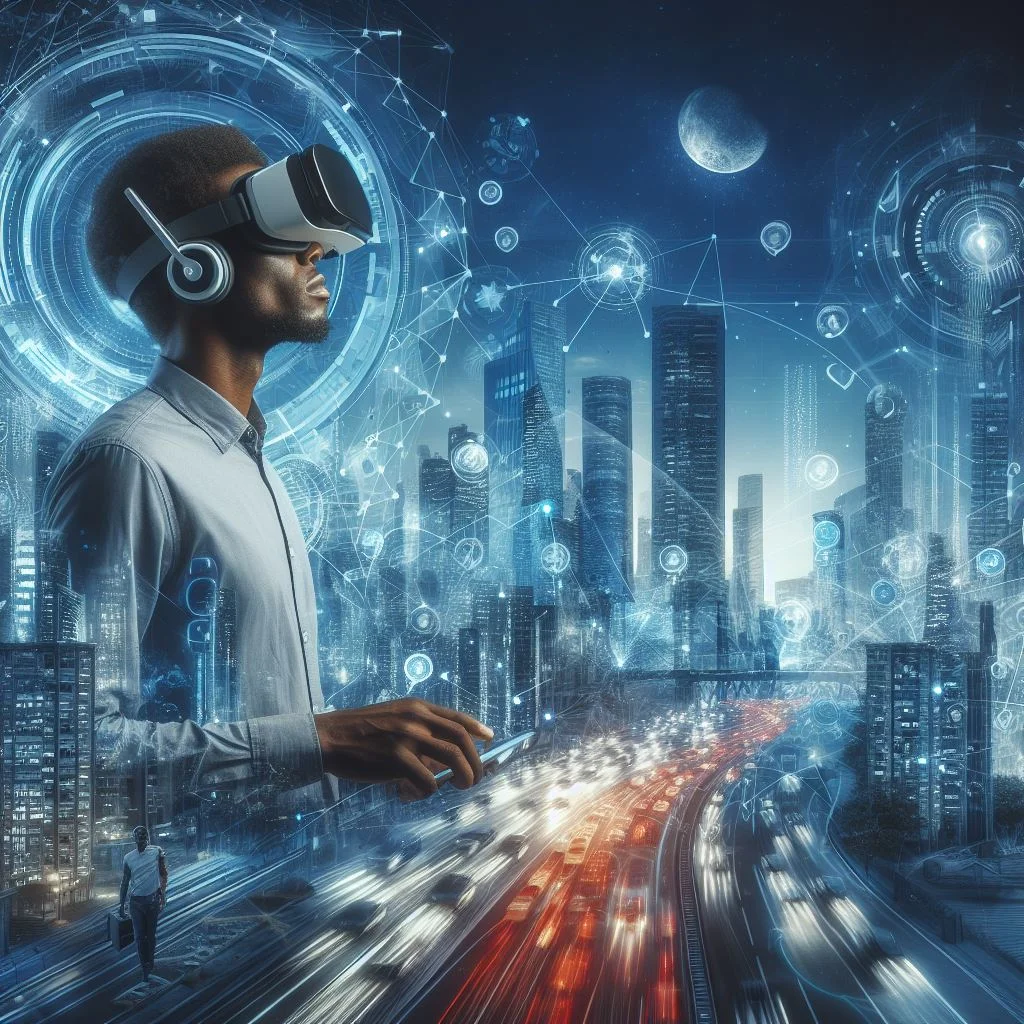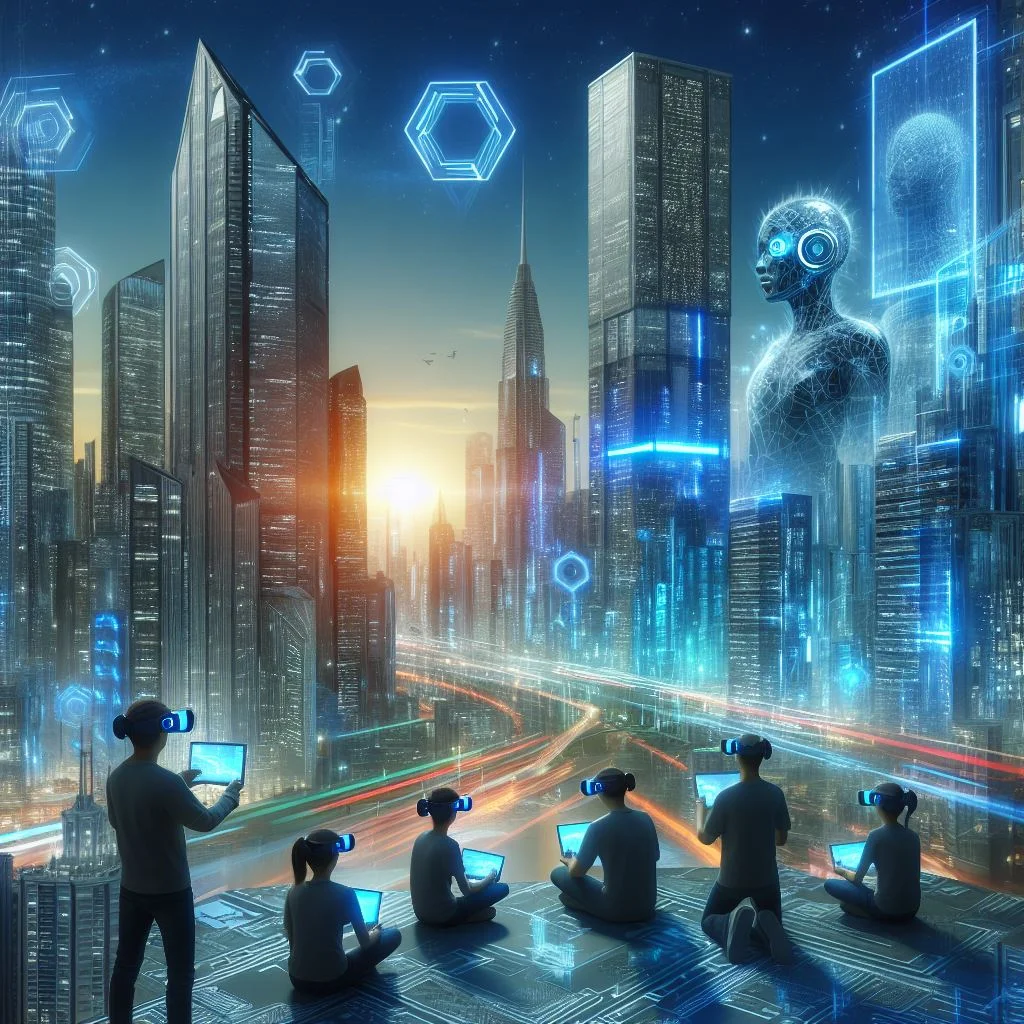Virtual reality (VR) technology has come a long way since its inception, and its future holds even more promise with the emergence of the Metaverse. In this blog, we'll delve into the future of virtual reality and explore the evolution of the Metaverse, shedding light on the exciting developments that lie ahead.
What is the Metaverse?
The Metaverse is a collective virtual shared space, created by the convergence of virtually enhanced physical reality and physically persistent virtual reality. It's envisioned as a fully immersive digital universe where users can interact with a computer-generated environment and other users. The Metaverse development is poised to revolutionize how we perceive and engage with digital content, blurring the lines between the physical and virtual worlds.
The Future of Virtual Reality Technology
As technology continues to advance, so too does the potential of virtual reality. From improved display resolutions to more immersive haptic feedback systems, the future of virtual reality is brimming with possibilities. Innovations such as eye-tracking technology and brain-computer interfaces promise to enhance user experiences, while advancements in artificial intelligence (AI) and machine learning are poised to make VR environments more dynamic and responsive.

Exploring Virtual Reality Trends
Several virtual reality trends are shaping the future landscape of VR technology. The adoption of augmented reality (AR) and mixed reality (MR) technologies is blurring the boundaries between the physical and digital worlds, opening up new avenues for immersive experiences. Additionally, the rise of social VR platforms is transforming how people connect and interact in virtual spaces, paving the way for more collaborative and social experiences.
The Evolution of the Metaverse
The Metaverse evolution is driven by advancements in VR technology, artificial intelligence, blockchain, and other emerging technologies. Companies like Meta (formerly Facebook), Microsoft, and Epic Games are investing heavily in building immersive digital worlds that offer endless possibilities for exploration and interaction. From virtual concerts and events to virtual shopping experiences, the Metaverse is poised to become a central hub for entertainment, commerce, and social interaction.
The Impact of VR Advancements
The advancements in VR technology are poised to have a profound impact across various industries. In healthcare, VR is being used for medical training, pain management, and therapy. In education, VR simulations are enhancing learning experiences and providing students with immersive environments to explore complex subjects. In the entertainment industry, VR is revolutionizing gaming, filmmaking, and storytelling, offering audiences more immersive and interactive experiences.
The Future of VR and the Metaverse: Opportunities and Challenges
While the future of virtual reality and the Metaverse holds immense promise, it also presents several challenges. Privacy and security concerns, ethical considerations, and the digital divide are some of the challenges in VR development that need to be addressed. However, the opportunities for innovation, creativity, and social impact are vast, and the potential of VR to transform how we work, play, and connect with one another is truly exciting.

Conclusion
In conclusion, the future of virtual reality and the Metaverse is a fascinating and rapidly evolving landscape. As technology continues to advance and new possibilities emerge, we can expect to see even more immersive, interactive, and transformative experiences in the years to come. Whether it's exploring distant galaxies, collaborating with colleagues in virtual offices, or attending virtual concerts with friends, the future of VR and the Metaverse is limited only by our imagination.